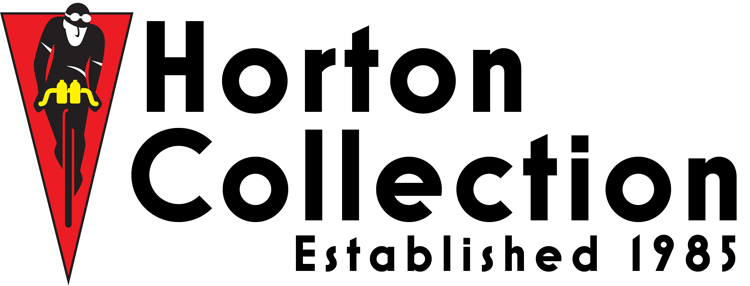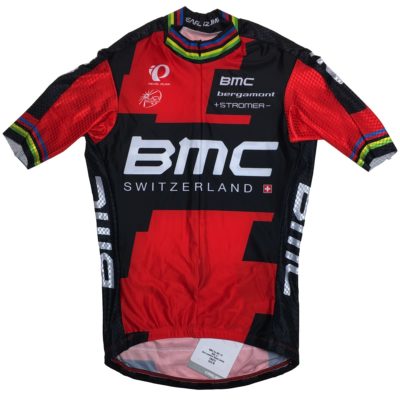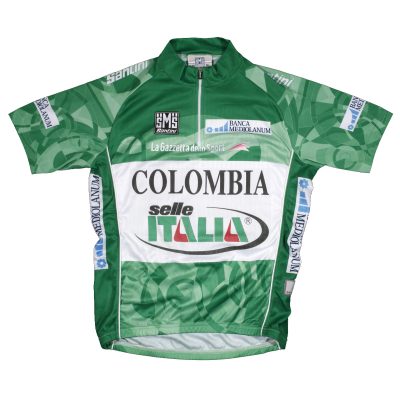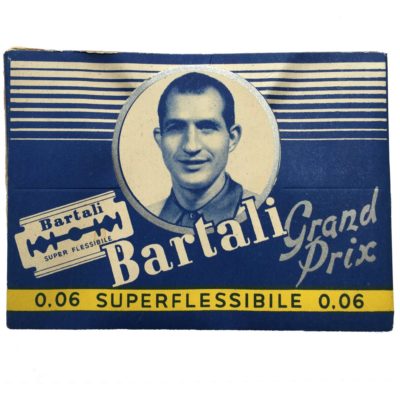Description
1956 Tour de France
The 1956 Tour de France was the 43rd edition, taking place from 5 to 28 July. It consisted of 22 stages over 4,498 km (2,795 mi).
There was no previous Tour winner competing for the 1956 Tour, which had only previously happened in 1903 and 1927. An unknown rider from a regional team, Roger Walkowiak on the Northeast-Center French team, ended up winning the Tour. Many Tour fans dismissed the win as being lucky or unworthy at the time, which Walkowiak took hard; this made him not often speak of his win.
The Tour was ridden at the fastest average speed so far, over 36 km/h. Walkowiak became only the second rider, after Firmin Lambot, in the 1922 Tour de France to win without taking a single stage.
Pre-Race Favorites
The winner of the three previous editions, Louison Bobet, was absent because he had surgery. Because there were fewer climbs and no mountain top finishes, cycling experts expected this edition to be too easy. No other former Tour de France winner started the race. This was the third time in history that the race started without former winners, after the initial 1903 Tour de France and the 1927 Tour de France.
Because Bobet was not there, the race was open, and many riders were thought able to win the Tour. The most favourite of these was probably Charly Gaul, who had won the 1956 Giro d’Italia, although he was in a weak team and would also be aiming for the mountains classification.
Race Overview
The first stage was won by André Darrigade, one of the best sprinters of that time.In the third stage, a small group escaped and finished with a margin of fifteen minutes; Gilbert Desmet became the new leader. The time trial of stage four was won by Gaul. In the second part of the fourth stage, Roger Hassenforder escaped and took a group with him, including Darrigade. Desmet was not in that group and lost more than 15 minutes, which made Darrigade the leader again.
In the seventh stage, the peloton broke in two, and a large group of 31 cyclists finished more than 18 minutes ahead. This group included Roger Walkowiak, who had also been in the escaped group in the fourth stage and became the new leader. Walkowiak’s team manager, Sauveur Ducazeaux, advised Walkowiak that it would be too tough to try to remain the leader for the rest of the race and suggested that Walkowiak lose the first place and aim to regain it later in the race. In the tenth stage, Walkowiak lost time, and Gerrit Voorting, who had also been part of the large breakaway group in stage seven, became the new leader. Voorting lost the lead in the next stage to Darrigade, who himself lost the lead to Jan Adriaensens in the twelfth stage.
In the fifteenth stage, the entire Belgian team was weak. Most Tour followers thought it was due to a doping practice that went wrong, but officially, it was attributed to food poisoning. Adriaensens lost more than nine minutes, which made Wout Wagtmans the new leader. During the seventeenth stage, there was yet another escape, which included leaders Wagtmans and Walkowiak, in fifth position in the general classification. The riders in second, third and fourth place were not in the escape, so Walkowiak moved up to the second place, more than four minutes behind Wagtmans.The eighteenth stage was the last chance for the climbing specialists to win back time, and so Gaul, Bahamontes, and Ockers were aiming to win back time. Gaul escaped and won the stage alone, with Ockers in second place. During the last climb, Bahamontes dismounted and threw his bike down the ravine, wanting to stop the race. The Spanish team was able to retrieve the bike and convince Bahamontes to continue. Bahamontes finished the race in the group behind Ockers. The surprise of the day was that Walkowiak had been able to remain with Bahamontes, whereas Wagtmans (normally a decent climber) lost eight minutes more. Walkowiak took the first place in the general classification, with a margin of almost 4 minutes to Gilbert Bauvin.
In the time trial of stage 20, Bauvin performed very well, finishing in fifth place. Walkowiak ended in 24th place, but this was enough to keep a 1’25” lead. In the 21st stage, Roger Hassenforder won his fourth stage of this Tour after a solitary breakaway of 187 km.







Recent Comments